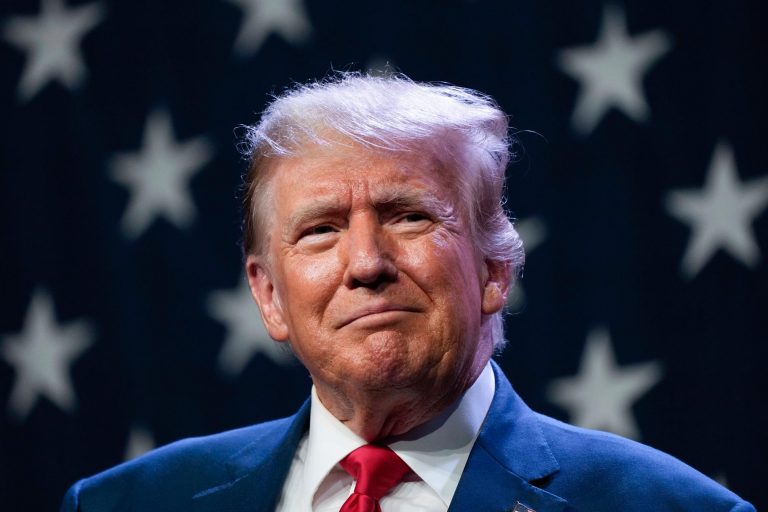Following a “Republican Clean Sweep” in the 2024 U.S. elections, securing the White House and both chambers of Congress, U.S. bond yields surged from 3.6% to 4.45% on election night, later stabilising around 4.35%. Investors expect this Republican-led government to foster policies contributing to a higher interest rate climate.
Read More: Trump 2.0: What’s Ahead for Emerging Markets?
As JP Morgan notes, U.S. deficit concerns are a primary driver behind recent rate hikes. Republican-led plans for tax cuts may compel the U.S. Treasury to expand bond issuance to fund the deficit, projected at $1.8 trillion in 2024, exerting upward pressure on rates.
Proposed trade tariffs from President Trump may elevate inflation, leading the Federal Reserve to slow rate cuts and potentially sustain a high-rate environment, impacting borrowing costs globally.
A strong U.S. economy and robust labor market add to the Fed’s caution on lowering rates. Persistent growth indicators may keep U.S. rates elevated to counter inflation, influencing global yields.
Implications for Zambia Kwacha Money Markets
Zambia’s bond yields have been falling amid recent Fed rate cuts, which previously spurred emerging-market investments. However, rising U.S. rates could dampen this trend. In a “higher for longer” environment, international investors might opt for U.S. assets with a stronger dollar and attractive returns, reducing demand for emerging-market bonds, including Zambia’s.
The 364-day Treasury bill auction on November 14, 2024, and the central bank’s policy rate decisions will be crucial. As yields in Zambia trend downward, the auction results may reveal whether local rates will adapt to global pressures.
Zambia’s economy faces similar pressures with currency depreciation, inflation, and external debt costs likely to rise if U.S. rates remain elevated, impacting fiscal and monetary stability.
Read More: BOZ Set for Final Rate Decision as Drought Pressures Economic Stability
Zambia’s central bank may need to reconsider its stance to remain competitive in attracting foreign capital while managing inflation risks domestically. Arguably the Kwacha yield curve could have climbed down too steep over a short space which analysts believe could cost the copper producing nation flows from developed nations given the current state of global monetary policy.
U.S. policy shifts under a Republican government are poised to sustain a high-rate environment, potentially influencing Zambia’s bond market as investors weigh U.S. yields against emerging-market risks.
The Kwacha Arbitrageur

